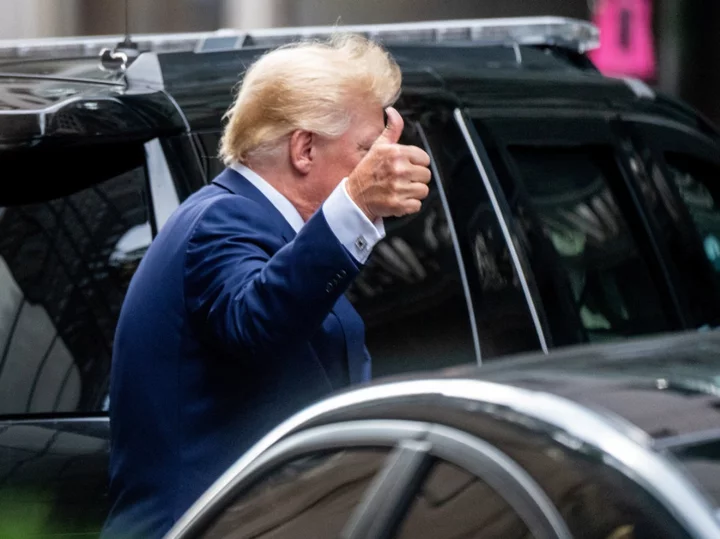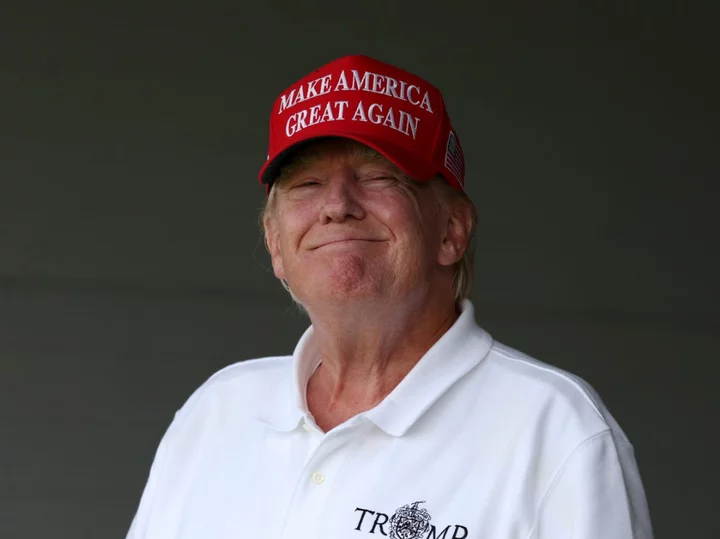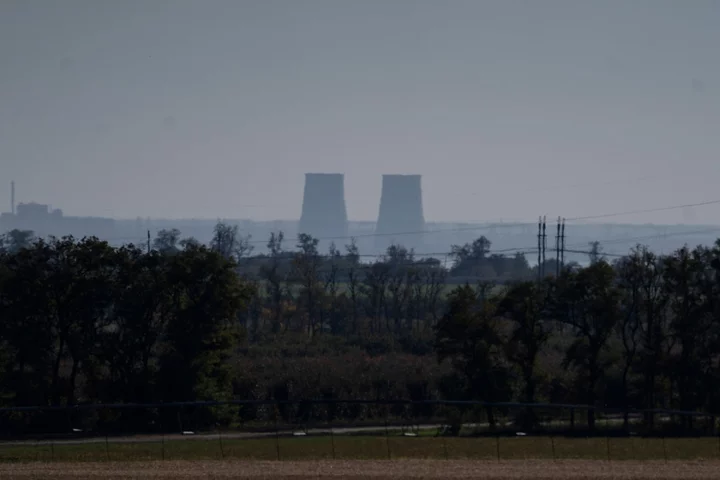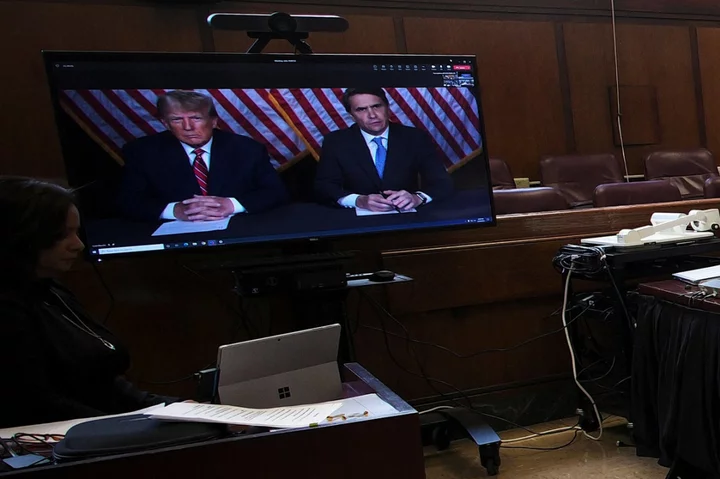What do the transgender whistleblower Chelsea Manning, the 1950s Soviet spy Julius Rosenberg and former president Donald Trump all have in common?
The answer, following the indictment arising from the discovery of classified documents at Mr Trump's Mar-a-Lago home in Florida, is that all four have been investigated under suspicion of violating the Espionage Act of 1917.
When the FBI raided Mr Trump’s property last August, they were looking for items that might violate the Act, which regulates the handling of confidential documents relating to national security.
Most often used against spies, whistleblowers and government employees who leak documents to journalists, the Espionage Act carries a maximum sentence of ten years in prison.
So what exactly is Mr Trump being investigated for?
A contentious law with roots in First World War paranoia
The Espionage Act is a controversial and often contested law that dates from America’s entry into the First World War against Germany in 1917.
Even before joining the conflict, President Woodrow Wilson had urged Congress to crack down on immigrant groups and radical political movements that he claimed had “poured the poison of disloyalty into the very arteries of our national life”.
At the time, German-Americans were a large and influential ethnic group, with those born in Germany comprising 2.7 per cent of the US population and 18.5 per cent of the foreign-born population, according to the census of 1910.
Over 27 per cent of the nation’s “foreign white stock” spoke German as their mother tongue. There were German-language schools, churches, and newspapers throughout the country, which faced backlash from English-speaking groups.
Passed just two months after Wilson joined the war and bolstered one year later in 1918, the Espionage Act criminalised many forms of dissent against the war, leading to jail sentences against speech-makers, leafleteers, film-makers and newspaper editors.
The act’s more radical provisions were dismantled after the war, but other parts remain in force – including those listed in Section 793 of the US Code of Laws, which bans citizens from leaking or mishandling information relating to “national defence”.
Since then, the Act has been used to prosecute the Soviet spies Julius and Ethel Rosenberg, the Pentagon Papers whistleblower Daniel Ellsberg, National Security Agency leakers Edward Snowden and Chelsea Manning and various other people who leaked US government secrets to journalists, the public or other nation states.
What does the Espionage Act ban?
US Code Section 793 forbids various forms of obtaining, leaking or failing to properly look after “information respecting the national defence”.
For example, it forbids anyone to acquire any information about US national security facilities if they intend or have reason to believe that the information might be used “to the injury of the United States or the advantage of any foreign nation”.
The Act also bans people lawfully entrusted with defence information that could harm the US from giving it to any unauthorised person, or from “wilfully retaining” it and failing to deliver it “to the officer entitled to receive it”.
Another provision, wider in scope, makes it a crime for anyone trusted with such information (such as presidents) to let it be “removed from its proper place of custody”, lost, stolen, or otherwise waylaid “through gross negligence”.
The same provision requires officials who become aware of such an incident to “make prompt report to his superior officer”, although it is unclear who Mr Trump’s “superior officer” would be in this case.
According to the search warrant issued to agents last summer, the FBI seized various boxes and folders described as including “miscellaneous secret documents” and “miscellaneous top secret documents”.
What could happen to Donald Trump now?
Mr Trump has claimed he is being wrongly persecuted since the investigation began, just as he did throughout his presidency when his election campaign’s possible ties to Russia were closely examined.
“This raid of President Trump’s home was not just unprecedented, but unnecessary – and now they are leaking lies and innuendos to try to explain away the weaponisation of government against their dominant political opponent,” a spokesman said in response to August’s raid.
In response to his indictment on Thursday (8 June), Mr Trump wrote on his Truth Social platform: “The corrupt Biden Administration has informed my attorneys that I have been Indicted, seemingly over the Boxes Hoax.
“I have been summoned to appear at the Federal Courthouse in Miami on Tuesday, at 3 PM. I never thought it possible that such a thing could happen to a former President of the United States, who received far more votes than any sitting President in the History of our Country, and is currently leading, by far, all Candidates, both Democrat and Republican, in Polls of the 2024 Presidential Election. I AM AN INNOCENT MAN!”
If he is ultimately prosecuted and convicted, Mr Trump could be fined or imprisoned for up to 10 years, as well as forfeiting any property bought with proceeds of the crime.
A conviction could potentially prevent him from holding political office again, not only because of the reputational damage but because the Fourteenth Amendment to the US constitution bans candidates who “have engaged in insurrection or rebellion against [the US], or given aid or comfort to the enemies thereof”.
When the Socialist German-American journalist and former congressman Victor Berger was elected to a second term in 1918, Congress refused to seat him because he had been sentenced to 20 years in jail under the Espionage Act.
However, with Mr Trump’s Republican allies rallying to his defence – and promising to investigate the way the FBI have treated him – who knows where this saga could end?
Read MoreTrump indictment – latest: Trump faces 100-year jail sentence as he declares ‘I am an innocent man’
Trump unleashes on ‘woke military’ and says America is ‘going to hell’ in bizarre Truth Social rant
Read Trump’s furious reaction to indictment: ‘This is war’
Trump has been indicted again: These are the investigations he faces
Ivanka and Jared split over attending Trump 2024 launch – follow live
Why was Donald Trump impeached twice during his first term?
Four big lies Trump told during his 2024 presidential announcement









